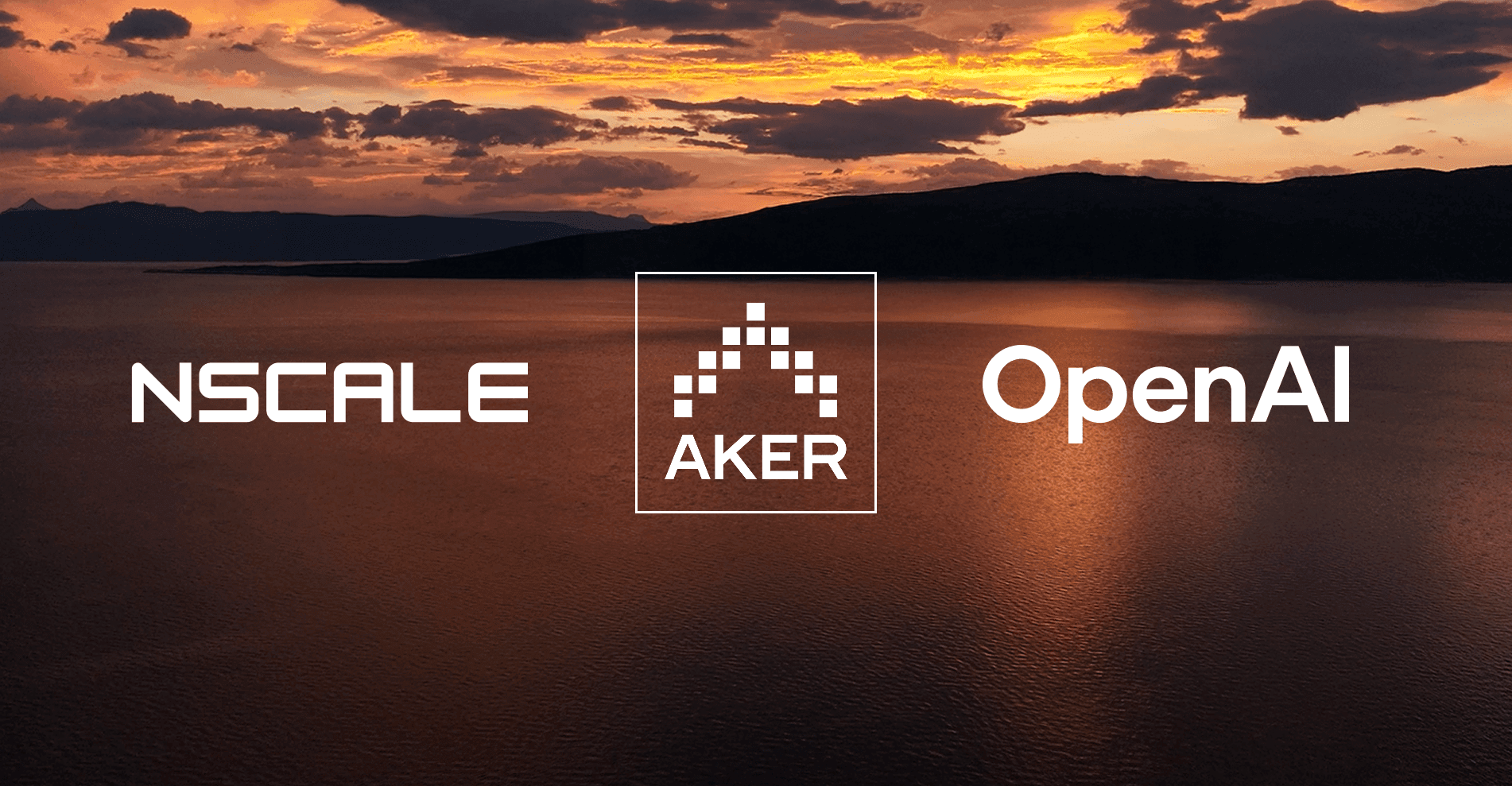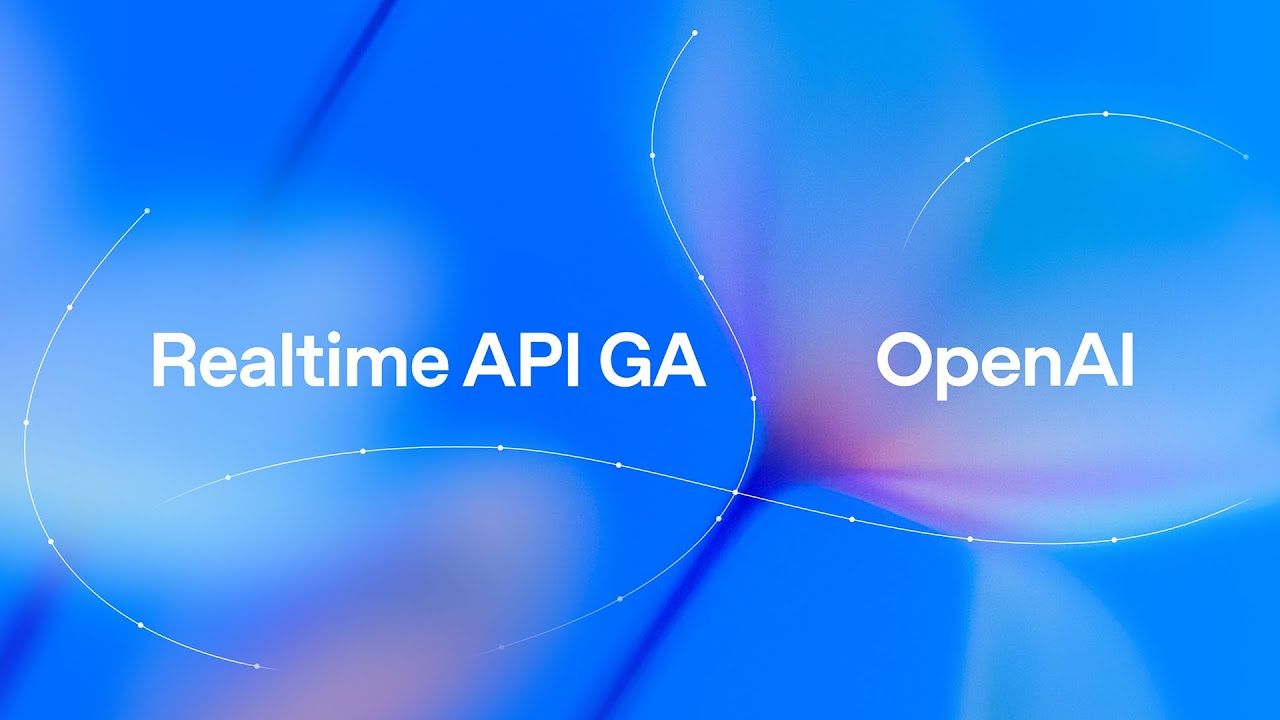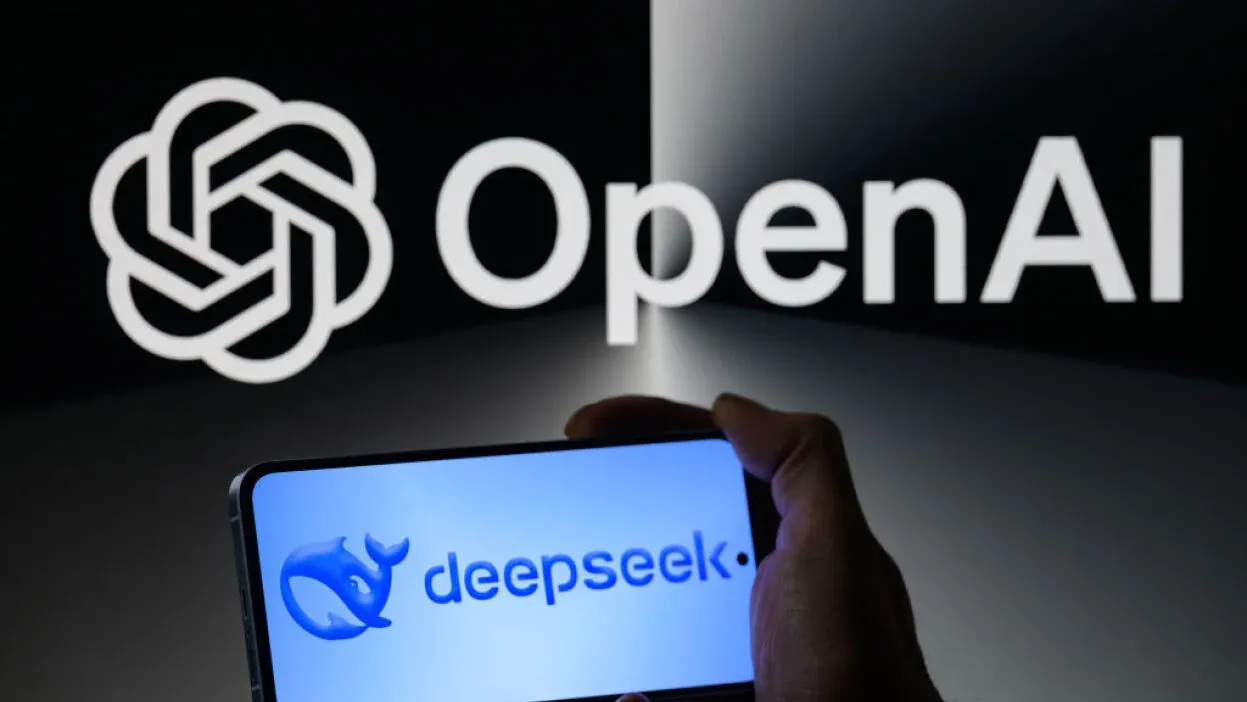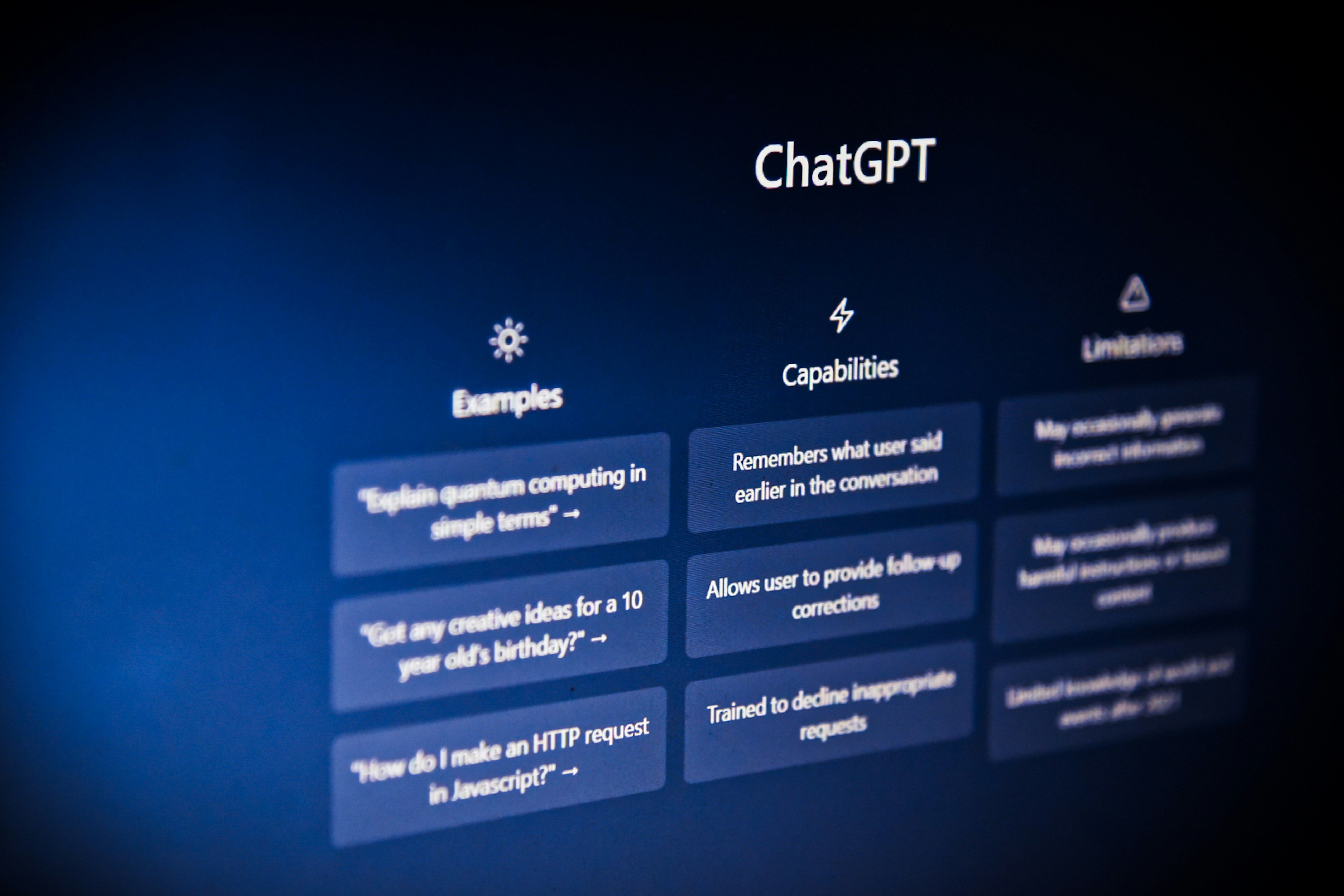Frequently Asked Questions
More topics you may like

Alibaba Shares Rocket as AI and Cloud Drive Market Confidence

Muhammad Bin Habib

Google Faces Modest EU Antitrust Fine in AdTech Case

Muhammad Bin Habib

OpenAI’s ‘Stargate Norway’ aims to build a sovereign AI compute hub in Europe

Muhammad Bin Habib

OpenAI’s Realtime API Reaches General Availability with gpt-realtime

Muhammad Bin Habib

DeepSeek Targets Year-End AI Agent Release to Rival OpenAI

Muhammad Bin Habib
